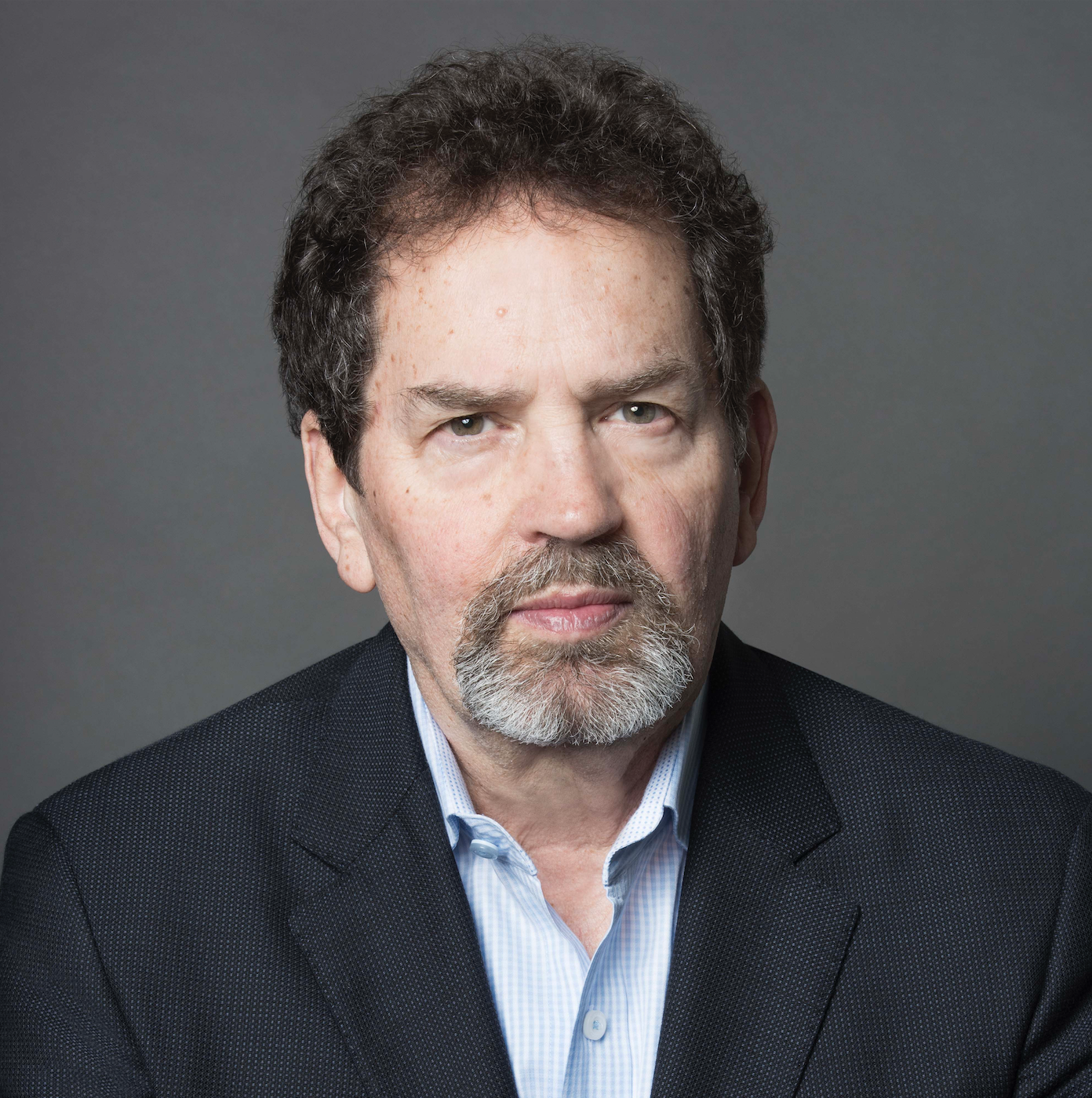Carrying the Torch: How One Alumnus Helped Bring the Olympics to Atlanta
Journalism graduate George Hirthler, KLN ’73 turned a passion for storytelling into a global career—branding Olympic bids, writing international campaigns, and honoring the legacy of peace through sport.

When George Hirthler and his family moved from Pennsylvania to Atlanta, Georgia, in 1973 to be part of the “New South,” he could never have imagined the role he’d play in one of the city’s most historic events—one that would shape the trajectory of his career.
Once in Atlanta, Hirthler, a Temple University graduate with a degree in journalism, began working as a creative writer in advertising before venturing out as a freelance writer and producer in the 1980s.
In 1988, he was introduced to Billy Payne, a former college football star leading a bid to bring the Olympic Games to Atlanta. Shortly thereafter, Hirthler was hired as the lead writer on the campaign to secure the Games for the city.
“On September 18, 1990, we won the bid to host the 1996 Olympic Games in Atlanta, and the door opened to a whole new world,” recalls Hirthler, who, along with his design partner Brad Copeland, would spend the next 10 years traveling the world as a leading firm for Olympic design and communications.
George Hirthler and Bob Judson, the team behind Atlanta Story Partners and “The Games in Black & White.”
George Hirthler and Bob Judson, the team behind Atlanta Story Partners and “The Games in Black & White.”
As Hirthler traveled the globe—serving as lead writer on Olympic bid campaigns for cities such as Istanbul, Stockholm, Klagenfurt, and what would become the 2008 Summer Olympics in Beijing—Hirthler became increasingly interested in Baron Pierre de Coubertin, founder of the modern Olympic Games and the subject of his 2016 novel, The Idealist.
“I learned through my research that Pierre wanted to use the Games to unite the world in peace and friendship through sport,” says Hirthler. “Thinking back on my own journey to Atlanta, I felt like peace had come calling again, and I wanted to learn more about de Coubertin.”
In addition to marking the 100th anniversary of the Olympic Games, the 1996 Olympics served as a powerful symbol of unity for the racially diverse city of Atlanta. Together, Billy Payne, a white man, and Atlanta Mayor Andrew Young, a Black man, assembled a diverse team willing to set aside their own lives to bring the Games to Atlanta—believing the city’s civil rights legacy and message of unity had global significance.
Hirthler’s deep dive into Olympic history and its founder led not only to a second book, Genius of Sport, but also inspired his foray into film as the writer and producer of The Games in Black & White. The film, which was recently featured at the 2025 Atlanta Film Festival, highlights the significance of the 1996 Olympic Games—the launchpad for Hirthler’s remarkable 30-year career.
“What Billy Payne and Andrew Young accomplished together really exemplified de Coubertin’s vision of bringing people together through sport,” he says. “Throughout my career, I’ve learned what it means for a city to truly embody the values of the International Olympic Movement—and the 1996 Games were a perfect example.”
For Hirthler, building those brands and bringing those messages to life goes back even further than the winning bid in 1990—it began with his training at Temple University.
“Temple equipped me with the communication skills and strategic thinking I needed to succeed as a writer—not just in the United States, but in places like Germany, Austria, France, and China,” he recalls fondly.
“My education gave me the confidence to never fear the blank page, which has helped me build winning campaigns and write speeches for heads of state,” Hirthler adds.
Now, he’s paying that gratitude forward as a donor to the Klein College of Media and Communication—the place where his creative journey began more than five decades ago.
“I’ll never forget, years ago, I was in a class when our professor said, ‘Everyone who wants to be a writer, raise your hand,’ and we all did. Then he said, ‘How many of you do you think will be making a living as a writer in 10 years? Just two of you.’”
“I never forgot that,” Hirthler says. “I’ve thrived as a professional writer, and even 50 years later, I’m still being called and engaged to do this work. I feel a sense of obligation to make that reality possible for as many other students as I can.”

